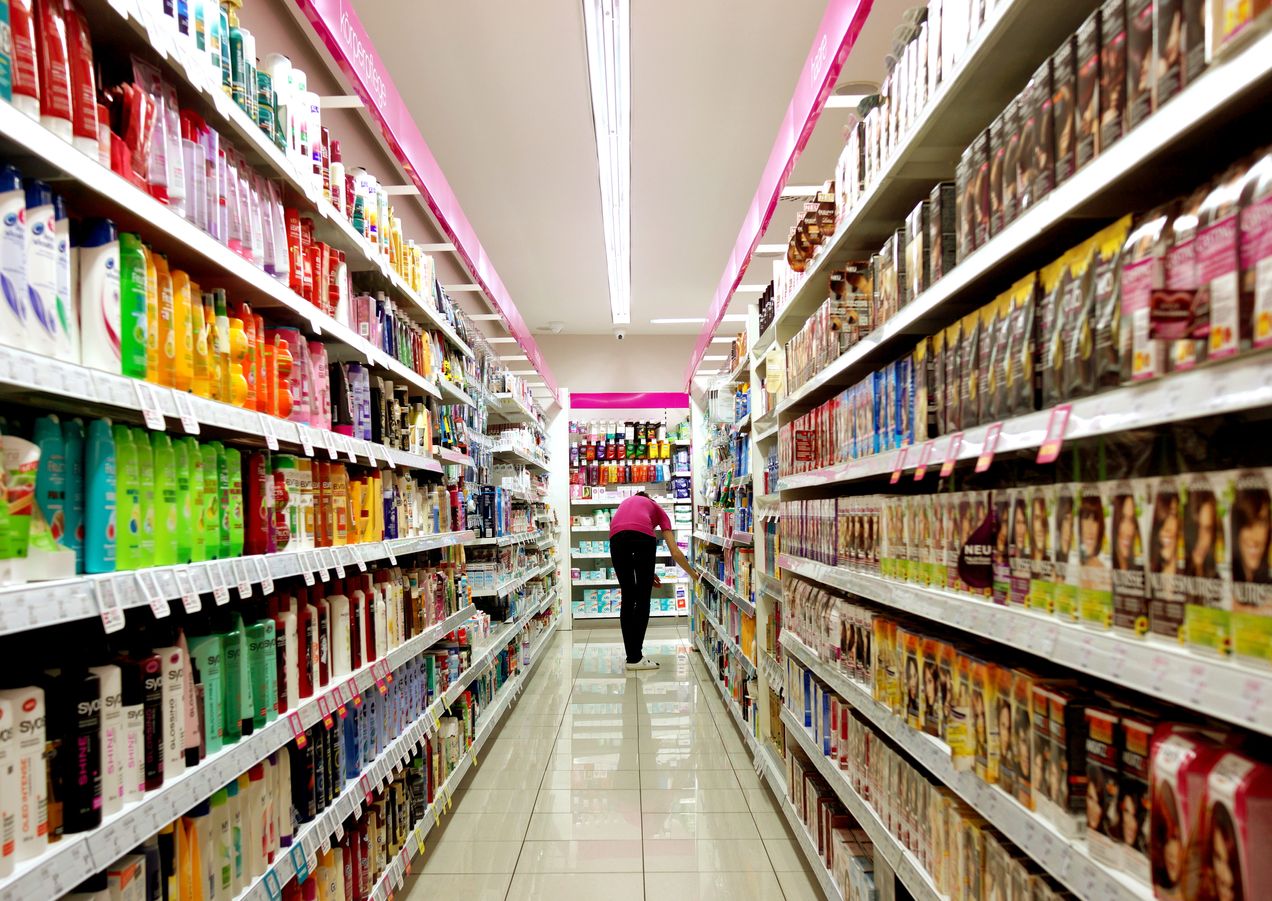Solar installed capacity 2022
Solar is a major form of renewable power generation, and while the growth in installed capacity is not where it needs to be, solar has not slowed down as much as some commentators feared.
Greening ammonia - heat, pressure and hydrogen
Ammonia is an important product, particularly for the manufacture of fertilisers. It is emissions intensive, so how can we make it greener?
Reuse and repurpose in the built environment
A 1950s office building in Oslo, Norway was renovated and expanded incorporating nearly 80 percent recycled components, reducing embodied carbon emissions by 70 percent compared with new construction levels.
Home REIT is where the heart should have been
In impact investing, the order of things is important. 'Social impact' through 'investment with a sustainable return' - Was that reversed with Home REIT?
The importance of being interconnected
Where do I get the electricity I need, if the sun isn't shining and the wind isn't blowing. One answer is to bring it in from places where its still sunny or windy. This might be in a different country, or a distant part of the same country - enter interconnectors.
Level playing field for blue and green hydrogen
Hydrogen is a big decarbonisation problem in itself. Understanding what 'clean' really means allows us to solve that problem in the right way.
The global response to AMR (not enough)
Antimicrobial resistance is acknowledged globally as a significant macro threat. But how effective are national action plans?
Ooh ah, just a little bit - transition is a series of steps
The thing with sustainability transitions is that whilst there is a starting point, there is no end point. The world is a continually changing place and we are continually transitioning.
Deposit return scheme kick-start for recycling?
Incentivising people to recycle and reuse has historically been a challenge. But perhaps history offers a solution with drinks containers?
'The Loop' supporting the 20-minute city
Creating the right infrastructure to reduce the distance that people need to travel can be important in decarbonising transportation.
FMCG come under CMA's greenwashing gaze
How green is 'greener'? The £130bn fast-moving consumer goods sector comes under the scrutiny of the UK Competition and Markets Authority.
Loyalty cards - the new early warning system?
Early diagnosis in many diseases can be the difference between life or death. Could useful data come from an unexpected source?












